In 1983, two groups of aerospace employees had just had their benefits reduced and were told about it after the fact and in a very cavalier manner by senior management. Soon after, salt was rubbed into the wound when the employees learned that senior management was keeping the benefits that were just taken from the rest of the employees. The employees decided to seek union representation.
One of these groups was classified as engineers because they held engineering degrees. Members of the other group did not have a degree or had non-engineering degree but had similar jobs as the engineers.
These two groups realized that they were now part a new “strict father” world of employment where the loss of benefits could happen again and again based solely on management decision. These employees decided they wanted to be part of the process and not left “on their own.” They wanted to force a nurturant, more empathetic, perspective into the employment equation. They sought empowerment and protection from future acts of abuse. They believed their rights to life, liberty and the pursuit of happiness were being subjugated to profit. They wanted to shift the power equation toward them.
These employees contacted union representatives of a large aerospace union and began the process to gain union representation. First, the two groups had to sign and submit show of interest cards. These cards were delivered directly to the union. Once the union surmised they had enough cards, they contacted the National Labor Relations Board (NRLB). The NLRB confirmed that enough cards had been received to grant representation. However, the company decided that this was not sufficient and requested an election. There would be two elections, one for the engineers and one for the other professionals. The NLRB would run the elections and they would be conducted on-site and during working hours.
Since the elections, requested by the company, were in the future, the company and union had time to influence the votes. On the one hand, the company had ‘voluntary’ meetings on-site and during working hours. On the other hand, the union had to have their meetings off-site and after working hours. The union could only hope the employees would come to their meetings. Both sides also sent letters to the employees. Both sides tried to counter the other.
Fortunately for the union, the company hired a lawyer that was known for union busting but who’s experience had been with non-professionals. The first letter from this lawyer, on company letterhead and signed by the top local company manager, backfired. It insulted the engineers and strengthened their resolve.
As the vote for the engineers approached, management set aside company time to help the engineers understand what they were getting into. These meetings were, by law, ‘voluntary.’ Many engineers attended. However, our smaller group decided we were not interested and did not attend. Our manager was encouraged to encourage us to attend. We said no thanks and went home at the end of the day.
All we wanted to do was vote and we didn’t need management to explain what was best for us. As they had already shown us by their actions, profit came before employees. Their words would not change that.
The election for the engineers was held and the engineers voted for the union by a 2 to 1 margin. They went on to negotiate one three year contract after another. They held their benefits from any further shrinkage and were able to get back some of what they lost.
The other election was held about a month later. Letters and more ‘voluntary’ company and union meetings were organized. The company learned from their mistakes with the engineers and the second election went in their favor.
This is why employees need the  Employee Free Choice Act. It shifts the power, just a little, away from those who have most of it, toward those who might feel they are being abused by the lack of checks and balances on management. Without this new law, the election remains the choice of the company and the company has a major captive-audience advantage over the employees and their efforts to unionize.
I know. I lived this story and was the engineering union rep for 10 years with no adverse affect on my professional career.
Employee Free Choice Act – Read it!



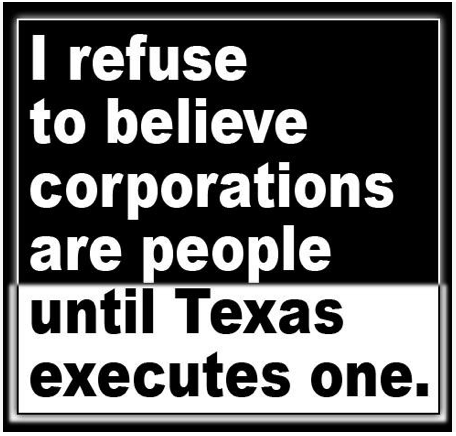
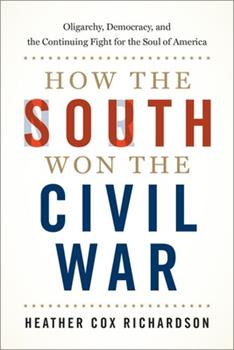
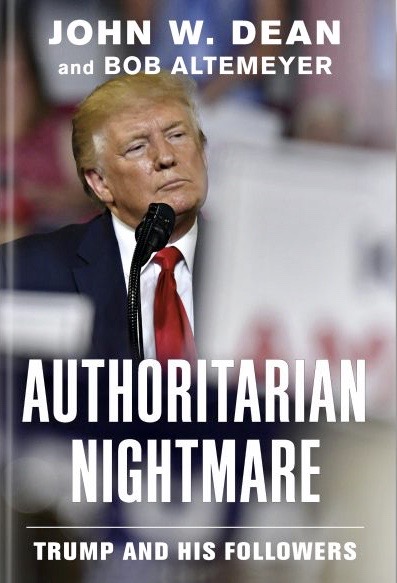
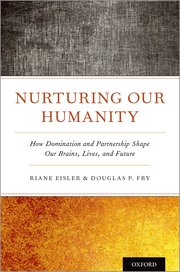
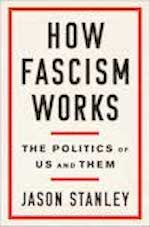
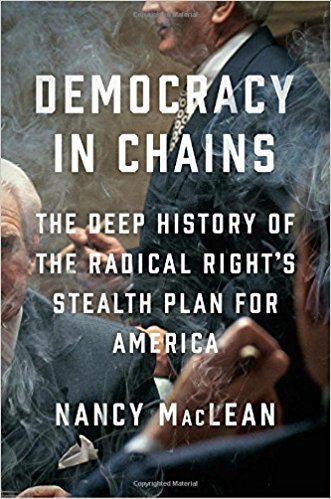

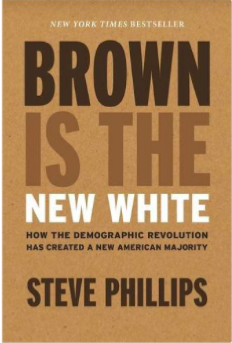

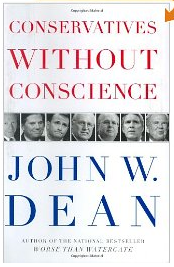

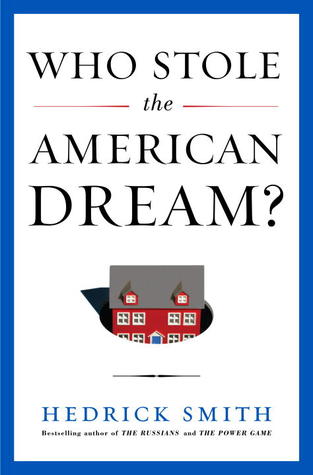
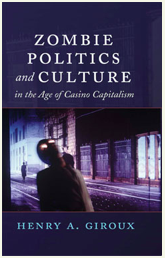
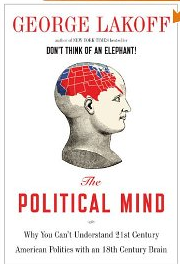
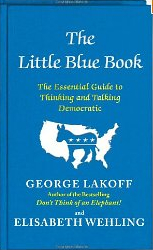
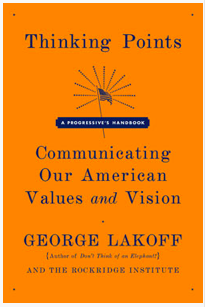
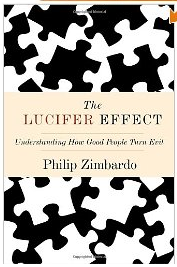
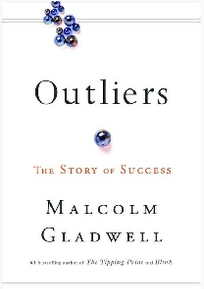

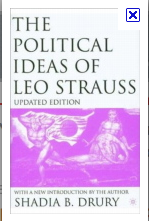




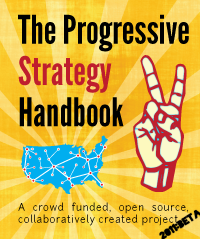
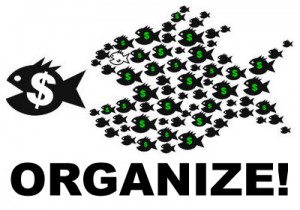

2 Responses to Employee Free Choice Act – Shifting the Balance of Power, Just a Little